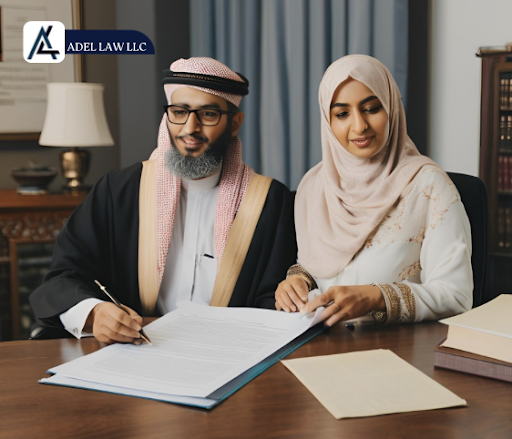Estate planning is an essential process for anyone, but for Muslims, it requires a careful balance between following Islamic law and ensuring that personal wishes are respected. One of the key components of Islamic estate planning is Faraid, which provides a divine guide for distributing a person’s wealth after they pass away. However, additional tools like a Wasiat (Islamic will) and Hibah (gifts) allow for flexibility and personalization within the framework of Muslim inheritance law.
What is Faraid?
Faraid is the system that determines how a Muslim’s estate should be divided among their heirs. It is based on rules found in the Quran and the teachings of the Prophet Muhammad (pbuh), ensuring that wealth is distributed fairly among family members. The system outlines fixed portions for children, spouses, parents, and siblings, ensuring that each eligible heir receives what is rightfully theirs.
For example, if a Muslim man passes away leaving behind a wife and two children, the wife is entitled to one-eighth of the estate, while the children share the rest, with the son receiving twice as much as the daughter. These rules are designed to ensure that everyone is treated fairly while respecting the Islamic principles of inheritance.
The Wasiat: Flexibility Within Islamic Law
While Faraid provides the main framework for inheritance, Muslims are allowed some flexibility through the use of a Wasiat, or Islamic will. A Wasiat allows a Muslim to allocate up to one-third of their estate to individuals or causes that would not automatically inherit under Faraid. This might include adopted children, non-Muslim relatives, or charitable organizations.
A Wasiat is particularly useful for Muslims who want to leave a legacy beyond the traditional framework of Faraid while still respecting Islamic law. However, it’s important to note that a Wasiat cannot alter the fixed shares set out by Faraid for direct heirs.
Hibah: Gifting During Your Lifetime
Another useful tool in Islamic estate planning is Hibah, which refers to gifts made during a person’s lifetime. Unlike Faraid, Hibah is not restricted by fixed portions, meaning that Muslims can gift any part of their wealth to anyone they choose. This makes Hibah an excellent way to provide for individuals who may not be covered under Faraid, such as adopted children or non-Muslim relatives.
Hibah also allows Muslims to plan their estate while they are still alive, giving them control over how their wealth is distributed and ensuring that their wishes are respected.
Why Estate Planning Matters
For Muslims, estate planning is not just about managing wealth—it’s about fulfilling religious obligations and ensuring that their legacy is handled according to both their personal wishes and Islamic law. By combining Faraid, Wasiat, and Hibah, Muslims can plan their estates in a way that respects both divine guidance and personal values.
Working with professionals like Mohammed Shakirin at ADEL LAW LLC can help ensure that your estate is managed effectively, fairly, and in accordance with both Islamic and civil laws in Singapore. Whether you’re looking to draft a will, create a Hibah, or understand how Faraid applies to your situation, expert guidance can make all the difference.




